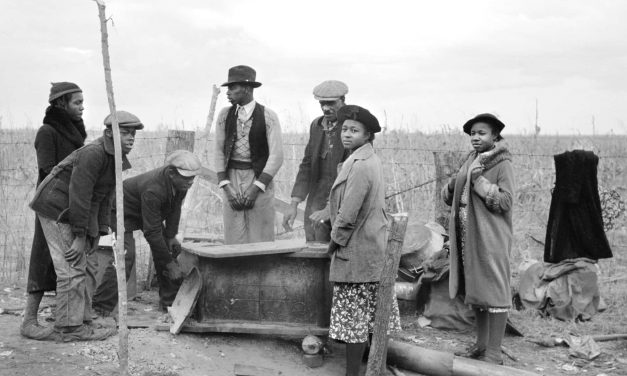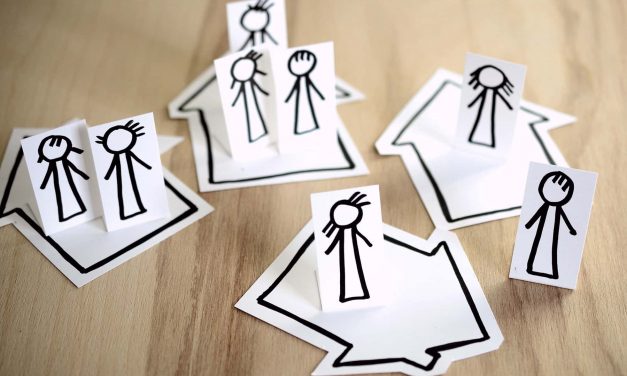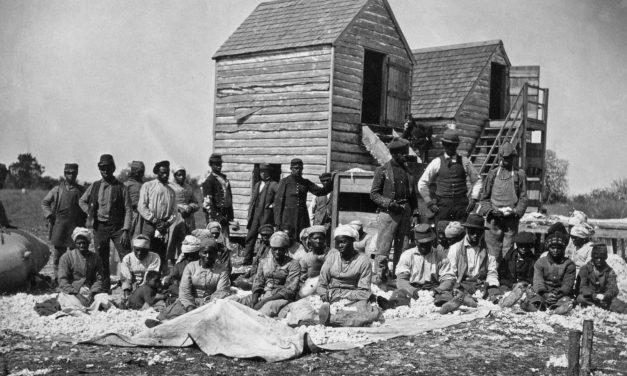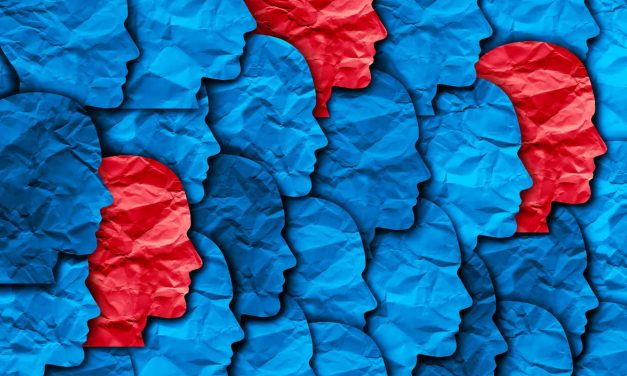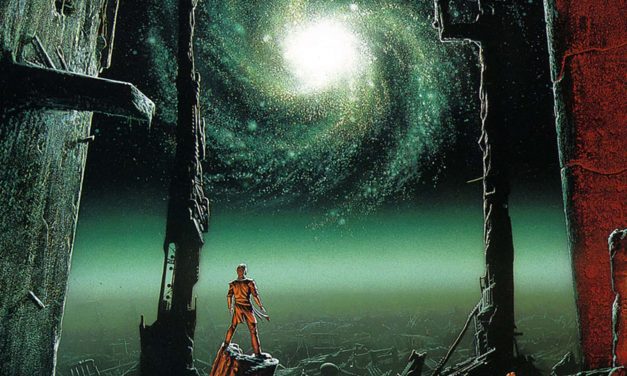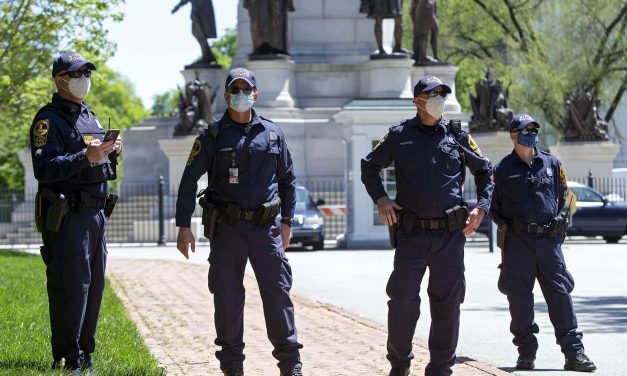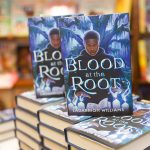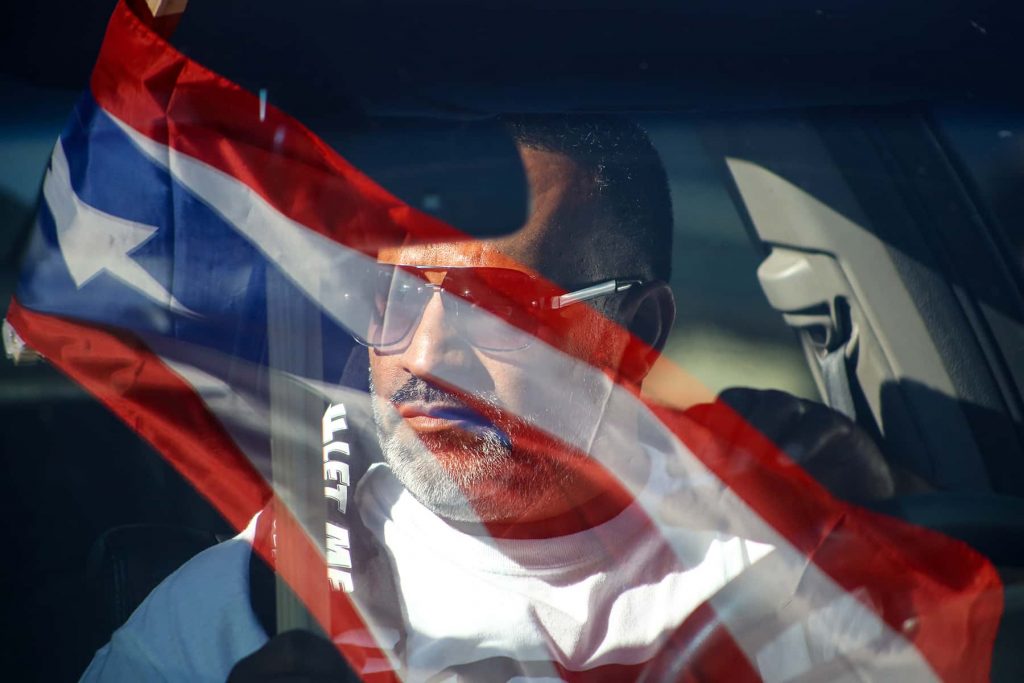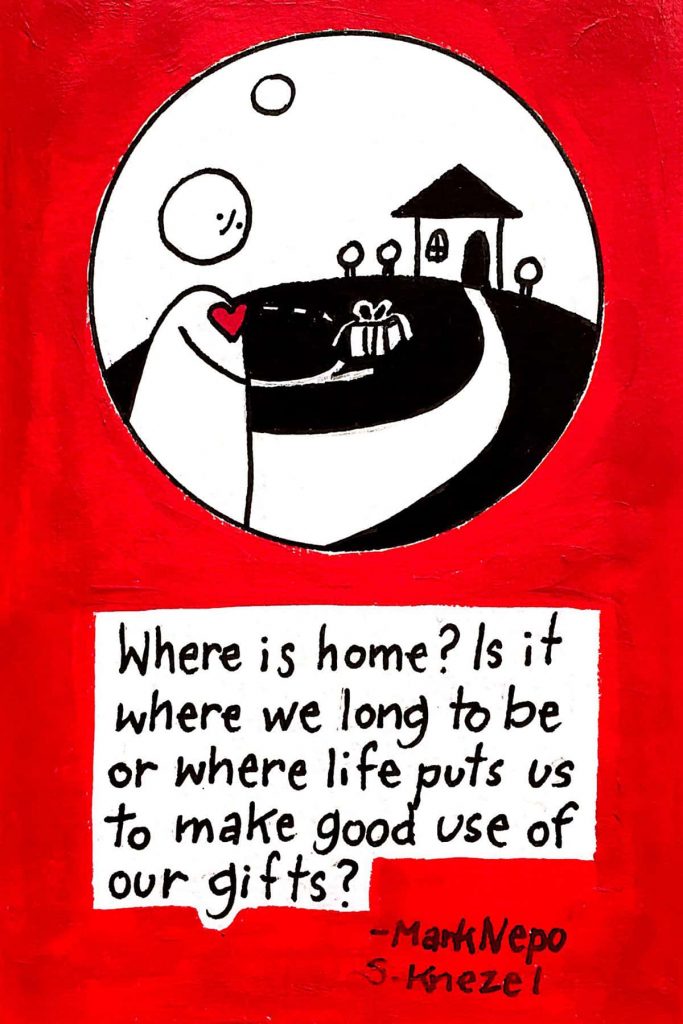Black Americans have always been essential workers but continue to see little economic reward
By Calvin Schermerhorn, Professor of History, Arizona State University On June 19, 1865 – 155 years ago – Black Americans celebrating the day of Jubilee, later known as Juneteenth, may have expected a shot at real opportunity. Freedom from slavery should have been freedom to climb up the economic ladder, helped – or at least not hindered – by a nation newly rededicated to human equality. Black Americans had served in the war, too, making up more than 10% of the Union Army, a quarter of the Union Navy and untold numbers aiding the Union effort. In many national...
Read More
